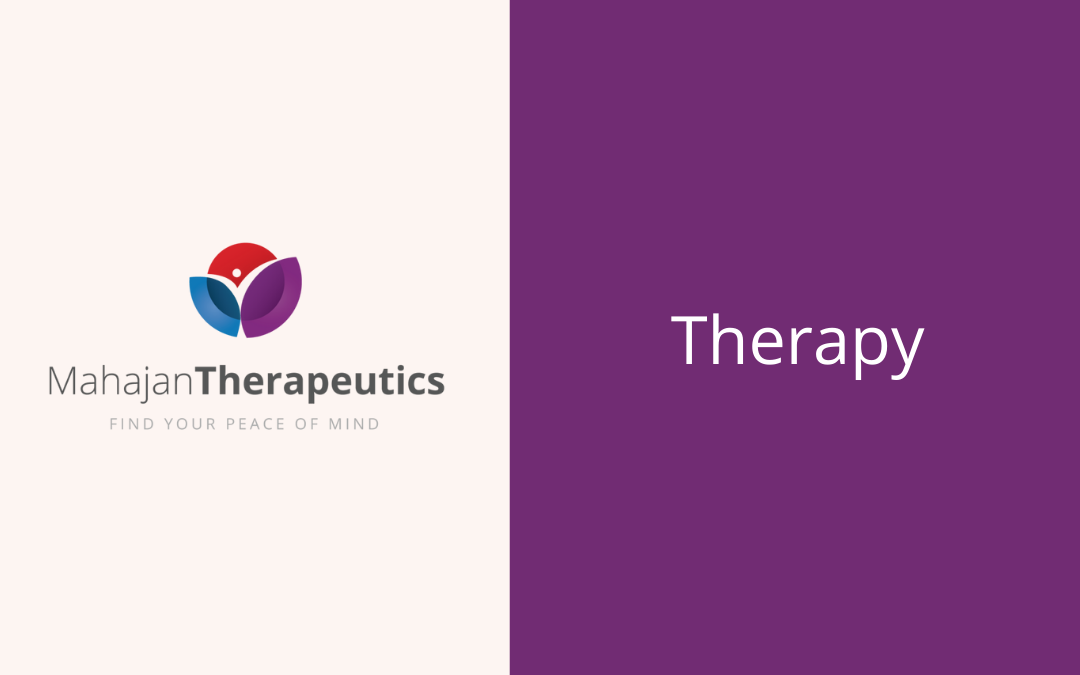Knowledge is power. Early identification and treatment are key.
As we conclude National Eating Disorders Awareness Week, an annual campaign to raise awareness of eating disorders and the array of available support, it is important to know the signs of those struggling to help provide the necessary support.
Eating disorders can occur as co-occurring disorders, or two or more mental health or substance abuse disorders at the same time. Treating all elements of an individual’s mental health are critical to long-term recovery, particularly with depression or anxiety, two common mental health challenges that can lead to eating disorders.
Signs and Symptoms
Identifying eating disorder signs and symptoms early are key, though they can present in many ways. You may notice fixations with food, diet, calorie counting, exercise, and appearance. A person living with an eating disorder may ritualize eating habits, skip meals, and be resistant to eating in front of others. They may have frequent mood swings and withdraw from loved ones.
Physically, their weight may fluctuate. You may notice dry skin and hair, dental issues from vomiting, that they feel cold all the time, can’t sleep or complain of digestive issues and heartburn. Or not; it’s important to note that symptoms vary between individuals.
Anyone Can Be Affected
Risk factors for eating disorders include genetics, age, peer groups and emotional health, but anyone can be affected. There’s a myth that eating disorders occur mostly among white female teens and young adults. In fact, eating disorders are common across all ethnicities and socio-economic groups in the United States.
Recent trends include higher prevalence among men and people in middle-age. Both trends could be related to late diagnosis, which is one reason National Eating Disorders Awareness Week is so important.
Identify and Treat
It is possible to recover from an eating disorder, but early intervention helps. Eating disorders frequently co-occur with conditions such as anxiety, depression, substance abuse, obsessive-compulsive disorder and PTSD. Treatment of these conditions greatly increases the chance for long-term recovery.
If you feel that you or a loved one has an unhealthy relationship with eating, reach out for support. The professionals at Mahajan are here to support your journey to a better tomorrow.
Contact us today to discuss options for treating other mental health disorders that may be contributing to disordered eating beahvior or diagnosed eating disorders, or explore the National Eating Disorders Association’s wide variety of valuable resources to help you map a path to recovery.





Recent Comments